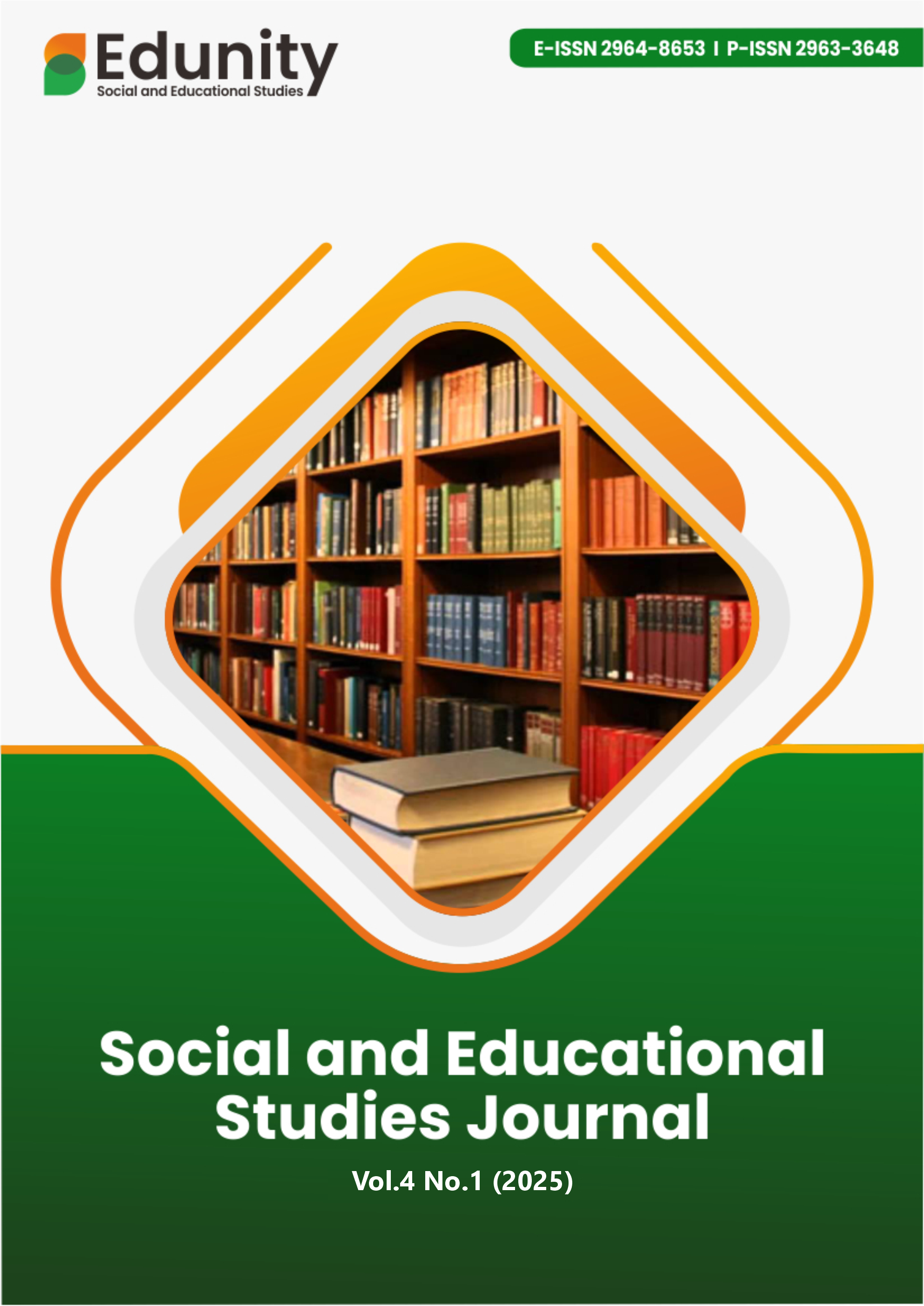News Consumption Behavior of Generation Z In The Reading Community Via Instagram
DOI:
https://doi.org/10.57096/edunity.v4i1.336Keywords:
consumption behaviour, news, generation z, social media, post-truth eraAbstract
This research study examines the impact of the post-truth era—where emotional responses, personal beliefs, and subjective interpretations are more influential than objective facts—on Generation Z's news consumption patterns, particularly in the context of social media. The objective of this study is to examine and assess Generation Z's news consumption patterns in the context of the social media platform Instagram. Data was collected through semi-structured interviews, observational studies, and a comprehensive review of relevant literature. The purposive selection of respondents included individuals from Generation Z who actively use Instagram, with a minimum age of 17.The study's findings suggest that Generation Z's news consumption habits are influenced by the prevalence of easily accessible social media platforms, as well as trends and influencers in this space. While respondents demonstrated an understanding of the potential risks associated with fake news, they frequently encountered challenges in verifying the reliability of the content they encountered. This underscores the necessity for strategies aimed at promoting news literacy. The study found that trust in news sources was influenced by the reputation of the media outlet, the visual appeal of the content, and the opinions of their social networks. The study's findings underscore the pervasive influence of prevailing trends, prominent influencers, and the ease of access to information, particularly through social media platforms, on Generation Z's news consumption patterns. While respondents acknowledged the dangers associated with fake news, their inclination to verify information remains a significant challenge.

Downloads
Published
Issue
Section
License
Copyright (c) 2025 Dian Andriany, Ike Junita Triwardhani

This work is licensed under a Creative Commons Attribution-ShareAlike 4.0 International License.
Authors who publish with this journal agree to the following terms:
- Authors retain copyright and grant the journal right of first publication with the work simultaneously licensed under aCreative Commons Attribution-ShareAlike 4.0 International (CC-BY-SA). that allows others to share the work with an acknowledgement of the work's authorship and initial publication in this journal.
- Authors are able to enter into separate, additional contractual arrangements for the non-exclusive distribution of the journal's published version of the work (e.g., post it to an institutional repository or publish it in a book), with an acknowledgement of its initial publication in this journal.
- Authors are permitted and encouraged to post their work online (e.g., in institutional repositories or on their website) prior to and during the submission process, as it can lead to productive exchanges, as well as earlier and greater citation of published work.







